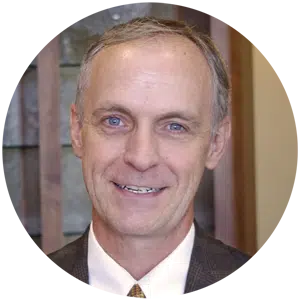Hospitals hold line on nurses; aides help fill the gap
Managed-health maintenance organizations are increasing reliance on poorly trained health-care workers to save money and putting the health care of patients at risk.
That’s the opinion of Alison Biggs, executive director of the Colorado Nurses Association. It’s a trend, she claims, that has her worried.
“The substitution of skilled personnel with minimally trained individuals has a tremendous potential for lowering the standards of care,” Biggs said recently. Hospitals especially are using health-care professionals who lack the training of licensed nurses, Biggs said.…
THIS ARTICLE IS FOR SUBSCRIBERS ONLY
Continue reading for less than $3 per week!
Get a month of award-winning local business news, trends and insights
Access award-winning content today!

